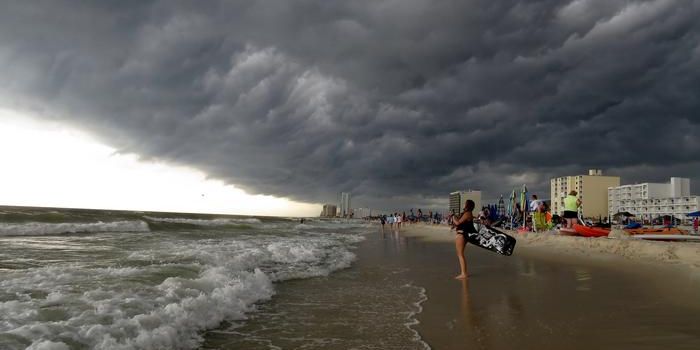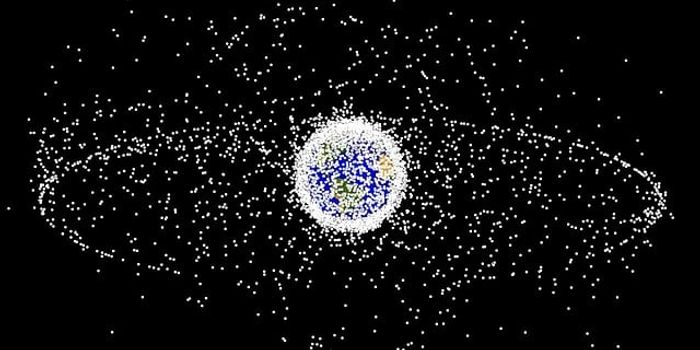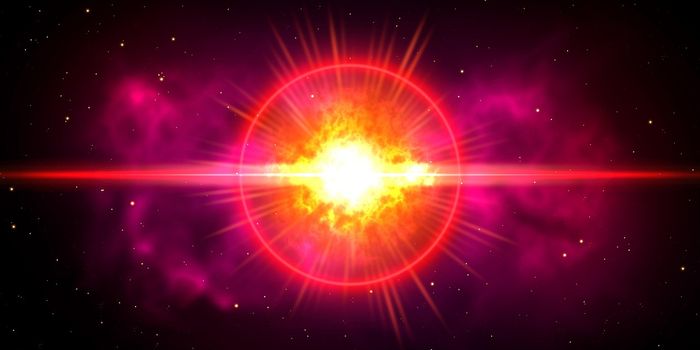Mining the World's Chemical Data-No Coding Required
How can programming languages be used to identify harmful environmental pollutants? This is what a recent study published in Nature Methods hopes to address as a team of researchers investigated developed a new computer programming language designed to enhance the identification of environmental chemicals using mass spectrometry, which is a common method for identifying chemicals within a volume of air, water, or blood. The primary takeaway is this new language will significantly reduce the amount of coding other researchers would otherwise have to create to perform the same work.
“We wanted to give chemists and biologists, who are generally not also computer scientists, the ability to mine their data exactly how they want to, without having to spend months or years learning to code,” said Dr. Mingxun (Ming) Wang, who is an assistant professor of computer science at the University of California, Riverside and a co-author on the study.
For the study, Dr. Wang created Mass Query Language (MassQL), which is a ready-to-use program designed to scan large databases of mass spectrometry data patterns without researchers needing to write thousands of lines of code to conduct the same level of work. To test MassQL, the team used it to analyze a global mass spectrometry database of water samples with the goal of identifying a compound in flame retardants known as organophosphate esters. In the end, the team not only identified organophosphate esters, but also found previously unknown and unidentified organophosphate compounds. Overall, the team concluded that MassQL is an enormous success.
“The language allows me to track everything that’s ever been detected in all data on air, soil, water, and even in the human body. Whatever exists, we can search for chemicals in there,” said Dr. Nina Zhao, who is a postdoctoral scholar at UC San Diego and a co-author on the study.
How will MassQL help advance mass spectrometry in the coming years and decades? Only time will tell, and this is why we science!
As always, keep doing science & keep looking up!
Sources: Nature Methods, EurekAlert!, UC Riverside News








